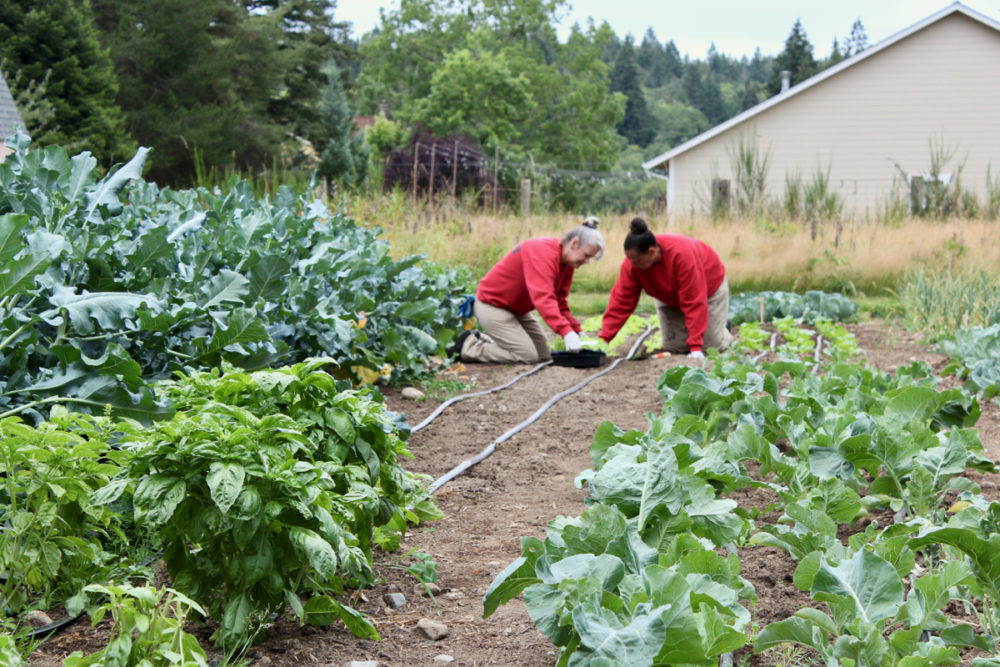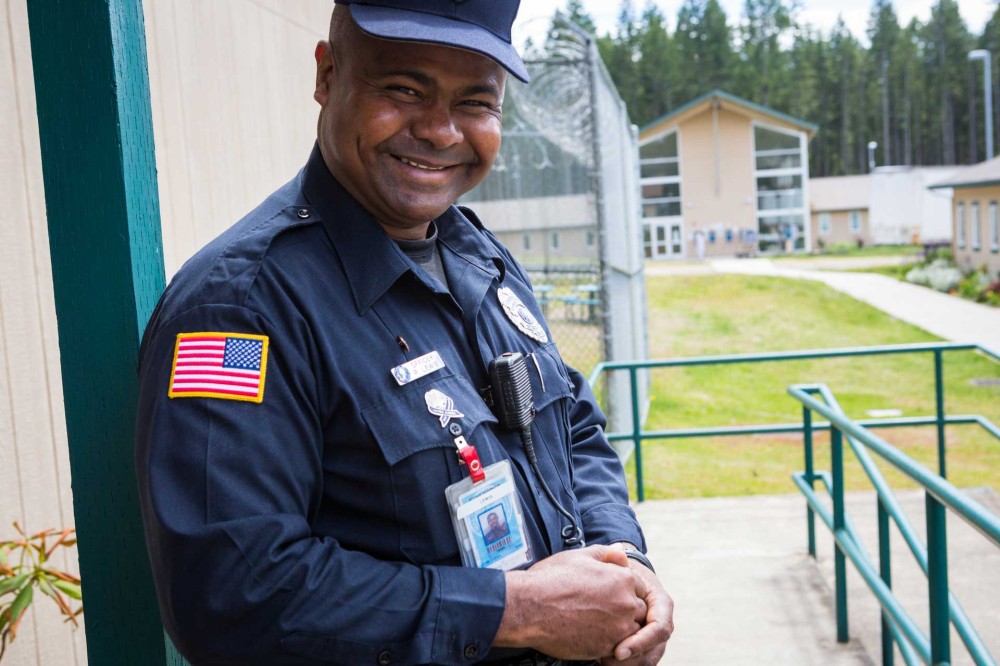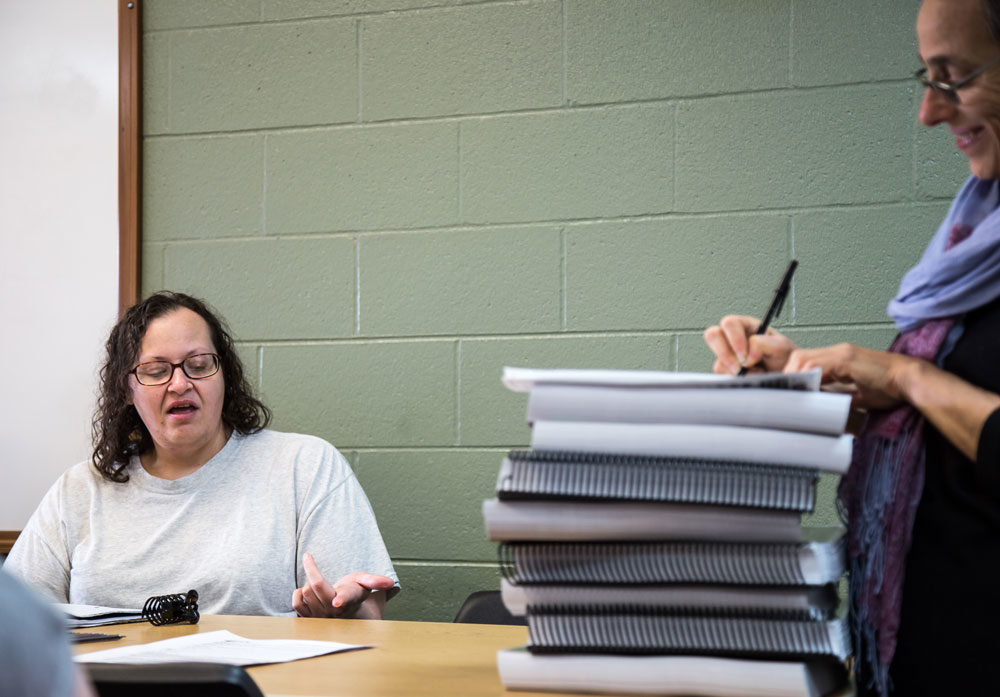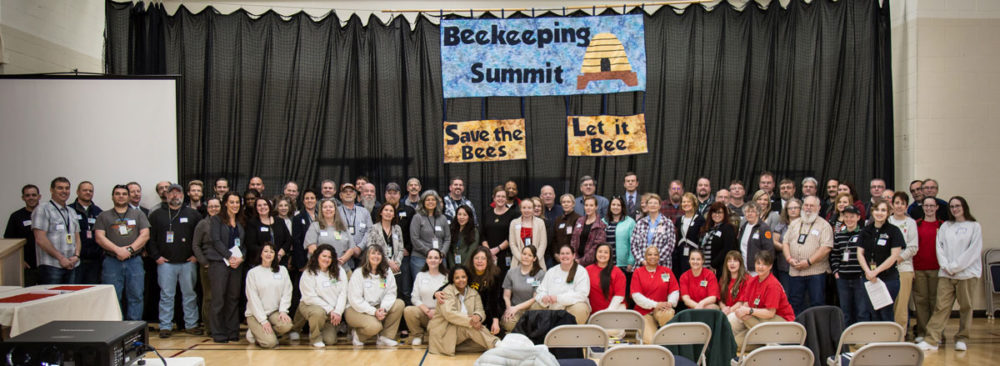People & Partners
The Sustainability in Prisons Project (SPP) began informally in 2003. Individuals from The Evergreen State College and Washington State Department of Corrections wanted to bring science, education, and nature into prison, and their overlapping interests became SPP. (See our History page for the story.)
Today, SPP is a statewide effort with programs in all 12 prisons in Washington. These programs encompass several focus areas: environmental education, conservation, sustainable operations, community contributions, and restorative nature. We also track and evaluate contributions from each program.
The partnership is the program
SPP has been a collaborative effort from the beginning, and our success is built on partnerships. The original partnership between The Evergreen State College (Evergreen) and Washington State Department of Corrections (WA Corrections) remains the foundation of all we do, both in Washington and for the SPP Network. The partnership is strengthened by SPP’s co-directorship: Kelli Bush is a member of the staff at Evergreen, and Donald Holbrook is an Assistant Secretary for WA Corrections. The two organizations share in initiating new programs, collaborating with non-incarcerated and incarcerated partners, and disseminating SPP outreach materials and resources. SPP staff at Evergreen and WA Corrections work together daily and at every level of our operations.
Complementing the efforts of founding partners, program partners contribute to almost every SPP program. Most programs would not be possible without their input, enthusiasm, and resources. We have nearly 200 known and named partners, partnering with WA Corrections, Evergreen, or both.
Read more about SPP’s approach: what SPP is and isn’t.

Corrections staff at every level of the department shape and support SPP programs. From the department Secretary and Directors of multiple offices at Headquarters, to leadership at each prison, to every kind of staff and custody position. At Evergreen, SPP staff are housed in a Public Service Center, and their efforts are enriched by input and support from faculty, graduate and undergraduate students, and other college staff.



